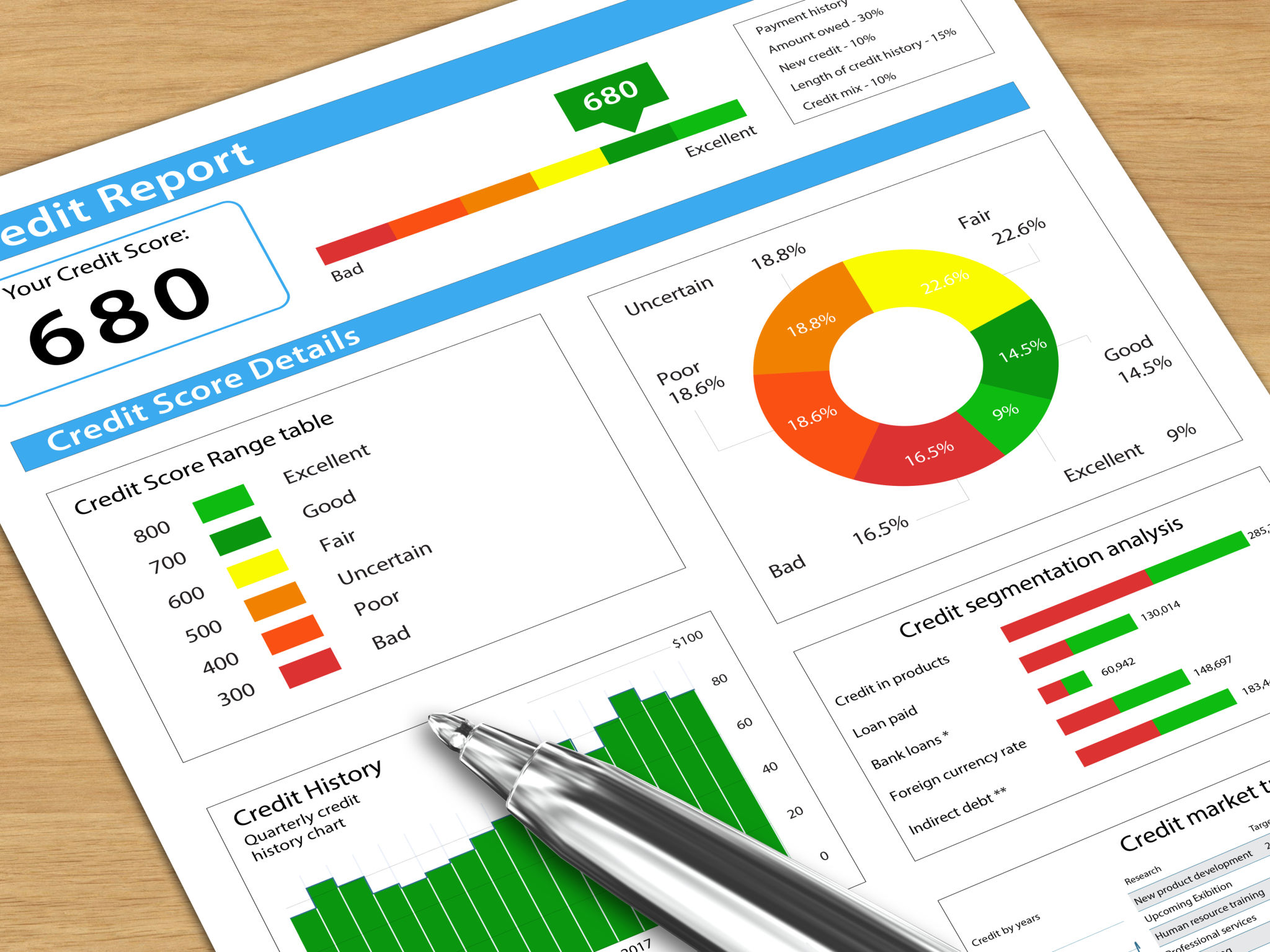Comprehensive Guide to Credit Repair: Steps and Strategies for Success
Understanding Credit Scores
Your credit score is a crucial aspect of your financial health. It influences your ability to borrow money, secure loans, and even affect the interest rates you receive. A good credit score can open doors to financial opportunities, while a poor score can be a significant barrier. Understanding how your credit score is calculated is the first step in the credit repair process.
Credit scores range from 300 to 850, with higher scores indicating better creditworthiness. The score is determined by several factors, including your payment history, amounts owed, length of credit history, new credit, and types of credit used. Knowing these factors helps you identify areas that need improvement.

Assessing Your Credit Report
The next step in credit repair is to obtain and review your credit reports. You can request a free copy of your credit report from each of the three major credit bureaus—Experian, Equifax, and TransUnion—once a year. Reviewing these reports allows you to identify any inaccuracies or discrepancies that may be affecting your score.
Look for errors such as incorrect personal information, accounts that don't belong to you, or inaccurate account statuses. If you find any mistakes, it's essential to dispute them immediately with the credit bureau to have them corrected.

Developing a Credit Repair Strategy
Once you have a clear understanding of your credit standing, it's time to develop a strategy to improve it. Here are some effective steps you can take:
- Pay Your Bills on Time: Your payment history accounts for 35% of your credit score. Ensuring all bills are paid on time is crucial.
- Reduce Outstanding Debt: Lowering your credit card balances can significantly impact your score.
- Avoid New Hard Inquiries: Each time you apply for new credit, a hard inquiry is made on your report, which can slightly lower your score.

Utilizing Credit Repair Services
If you find the process overwhelming, consider utilizing professional credit repair services. These services can help negotiate with creditors and guide you through the dispute process. However, it's essential to research and choose a reputable company with a track record of success.
Keep in mind that no company can guarantee a specific improvement in your credit score. Be wary of those that promise quick fixes or demand payment upfront without delivering results.
Monitoring Progress and Staying Informed
Repairing your credit is not an overnight process; it requires patience and diligence. Regularly monitoring your credit report allows you to track your progress and ensure that any corrections are reflected in your score.
Stay informed about changes in credit laws and scoring models that may affect your efforts. Being proactive about your financial education can empower you to maintain good credit health in the future.

The Long-Term Benefits of Credit Repair
Successful credit repair can lead to numerous long-term benefits. A higher credit score can make it easier to secure loans with favorable terms, lower interest rates on mortgages and car loans, and increase your chances of getting approved for rental properties or jobs that require a credit check.
By following these steps and strategies, you can effectively repair your credit and improve your financial wellbeing. Remember, the journey to better credit is a marathon, not a sprint, but the rewards are well worth the effort.
